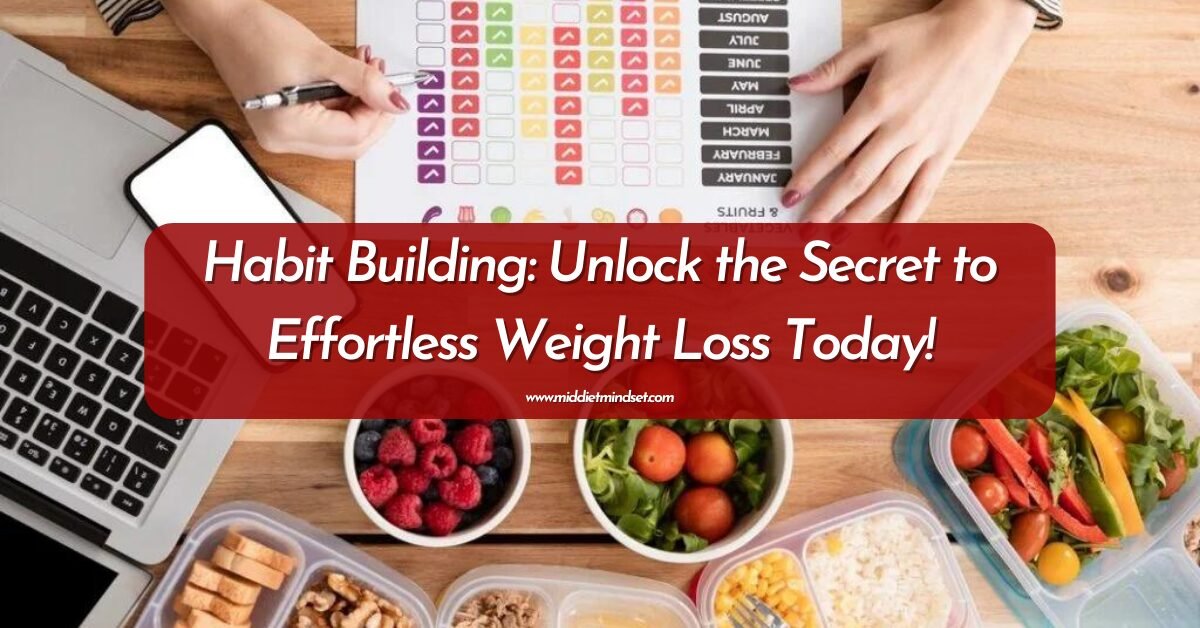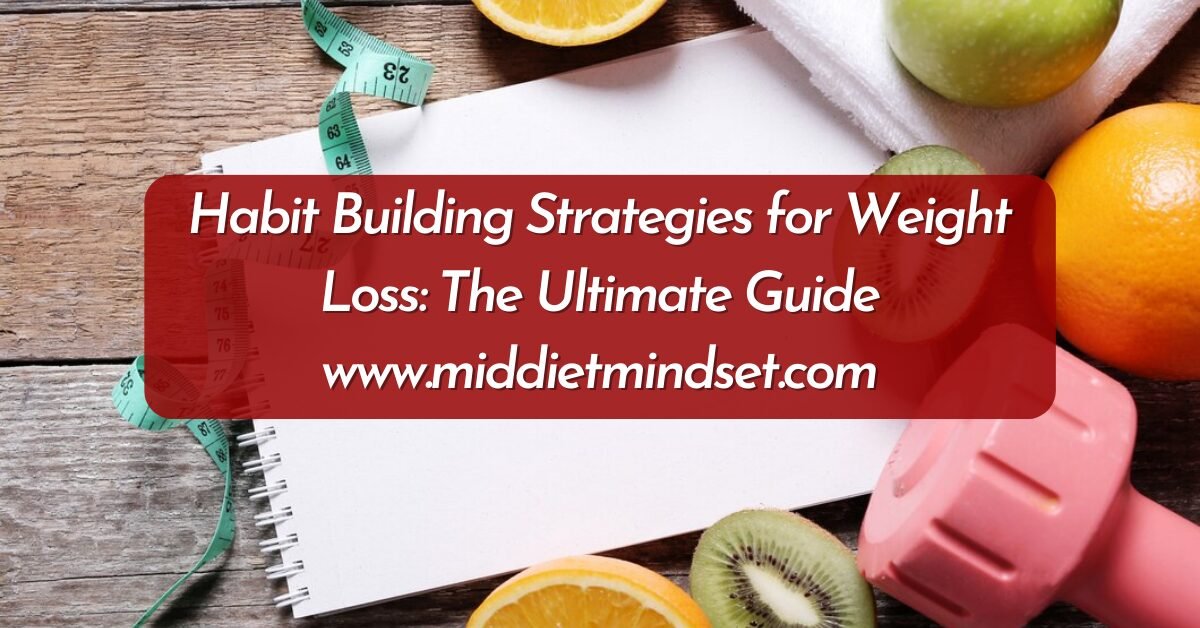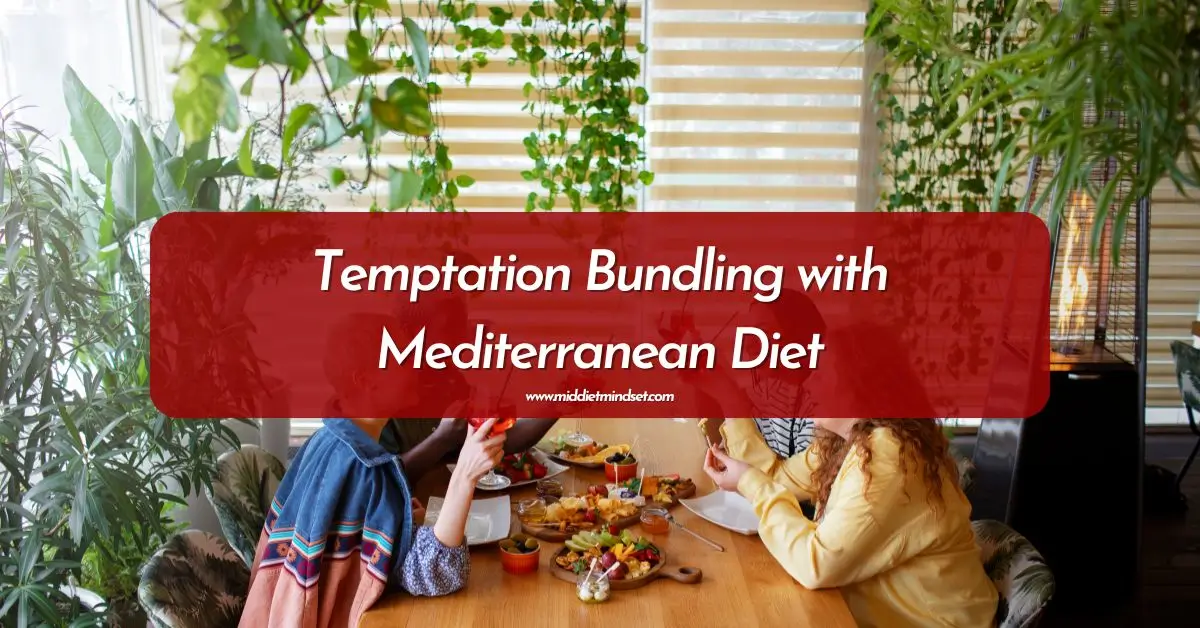Table of Contents
ToggleEmbarking on a weight loss journey can feel overwhelming. With countless diets and tips out there, how do you know what really works? As a registered dietitian specializing in weight loss through the Mediterranean diet, I can assure you: the key to sustainable weight loss lies not just in what you eat, but in how you build habits. Let’s dive into the science of habit building and how it can transform your approach to weight loss
Understanding Habits
What Are Habits?
At their core, habits are those automatic behaviors we perform daily without much thought. Whether it’s reaching for a snack while watching TV or going for a morning walk, habits shape our lives. But not all habits are created equal; some propel us toward our goals, while others can hold us back
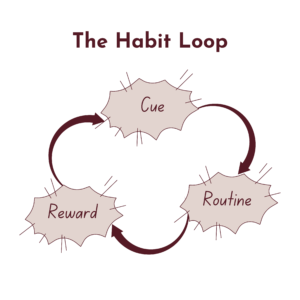
The Neuroscience Behind Habits
Ever wonder why breaking a habit can feel like an uphill battle? It’s all thanks to the brain. Habit building forms in a three-part loop: cue, routine, and reward
The Cue
This is the trigger that signals your brain to perform a specific action. It could be the time of day—like that afternoon slump, a certain location, an emotional state such as stress, or even a familiar smell. For example, if you often find yourself reaching for chips after work, that moment might be your cue
The Routine
It is the actual action you take in response to this cue, like grabbing the bag of chips and munching away—often without even thinking about it
The Reward
Which is what your brain associates with this routine, reinforcing the behavior. The pleasure of the crunchy texture, the satisfaction of the taste, and that brief relief from stress all serve as rewards in our chip-craving scenario. Your brain learns that this routine leads to a pleasurable experience, making it more likely you’ll repeat the behaviour in the future
Understanding this loop is crucial. When you want to change a habit, you need to keep the cue and reward but alter the routine
The Science of Habit Building
Stages of Habit Formation
Building new habits involves a few key stages. Let’s break them down:
Cue: Identify Your Triggers
Start by pinpointing what triggers your unhealthy habits. For example, if you find yourself snacking mindlessly while watching TV, recognise that the cue here is the TV time. This awareness is your first step toward change.
Routine: Create New Healthy Behaviours
Once you identify your triggers, develop a new routine that aligns with your goals. If the cue is TV time, try replacing that bag of chips with a bowl of air-popped popcorn or cut-up veggies with hummus. It’s all about making small swaps that feel sustainable.
Reward: Reinforce Positive Behaviours
After trying out a new routine, reward yourself! Maybe you treat yourself to a favourite show or a relaxing bath. These rewards help reinforce the positive changes you’re making, solidifying the new habit.
Consistency is Key
You’ve probably heard that it takes 21 days to form a habit, but research suggests it can take anywhere from 18 to 254 days!1 What matters is consistency. Start small, and focus on repeating your new routines regularly. Eventually, they’ll become second nature.
The Mediterranean Diet: A Supportive Framework
Principles of the Mediterranean Diet
The Mediterranean diet isn’t just a trendy way of eating; it’s a lifestyle centered on whole foods, healthy fats, and vibrant flavors. Key principles include:
Emphasis on fruits, vegetables, whole grains, legumes, nuts, and seeds
Healthy fats, particularly olive oil
Moderate portions of fish and poultry, with limited red meat
Mindful eating practices
When you incorporate the Mediterranean diet into your weight loss strategy, you’re not just changing what you eat; you’re creating a lifestyle that promotes healthy habits.
How the Mediterranean Diet Encourages Habit Formation
Adopting the Mediterranean diet can serve as a practical framework for building new habits:

Meal Prep
Planning your meals in advance is a routine that makes healthy eating easier. Spend a couple of hours on the weekend prepping fruits, veggies, and grains for the week ahead
Variety
The Mediterranean diet is all about variety. Trying new recipes or different fruits and veggies keeps your meals exciting and helps prevent burnout.
Social Eating
This diet encourages communal meals, fostering relationships and creating a supportive environment. Invite friends over for a Mediterranean potluck—great food and accountability all in one!
Strategies for Building Healthy Habits
Start Small
One of the biggest mistakes I see is trying to overhaul everything at once. When I began my own journey into healthier eating, I started with a single habit: adding one extra serving of vegetables to my dinner each night. That small change was manageable and made a significant difference over time
Track Progress and Celebrate Milestones
Keep a food journal or use an app to track your progress. Celebrate those non-scale victories! Did you choose a healthy snack instead of junk food? That’s worth celebrating. When I hit my first month of consistent meal prep, I treated myself to a nice dinner out. These small celebrations keep you motivated!
Develop a Support System
Find a friend or family member to join you on your journey. Accountability can be a game-changer. I started a weekly cooking night with my sister, where we’d try new Mediterranean recipes together. Not only did we enjoy delicious meals, but we also kept each other accountable

Overcoming Obstacles
Common Challenges
Let’s face it: the road to habit building isn’t always smooth. You might face cravings, emotional eating, or a busy schedule that derails your best intentions. Acknowledge these challenges, but don’t let them define your journey
Let’s face it: the road to habit building isn’t always smooth. You might face cravings, emotional eating, or a busy schedule that derails your best intentions. Acknowledge these challenges, but don’t let them define your journey.
Strategies for Combating Setbacks
Identify Emotional Triggers
Are you reaching for snacks when you’re stressed? Try incorporating stress-reduction techniques like yoga or meditation into your routine
Flexibility is Key
If you miss a workout or indulge in an extra slice of cake, don’t beat yourself up. Remember, one slip-up doesn’t undo your progress. Just get back on track the next day
Long-term Maintenance of Healthy Habits
Transitioning to Maintenance
Once you’ve reached your weight loss goal, the real work begins: maintaining your new lifestyle. Adapt your habits to be sustainable. If daily meal prep feels overwhelming, switch to prepping every few days instead
Continued Learning and Adaptation
Stay curious about nutrition and health. Follow reputable sources, attend workshops, or even consider consulting with a registered dietitian for personalised advice. The more informed you are, the easier it is to adapt your habits
Embracing Flexibility
Life happens! It’s crucial to embrace flexibility in your habits. Enjoy an occasional indulgence without guilt. The Mediterranean diet allows for moderation, so feel free to savour that piece of cake at a celebration—just balance it out with nutritious choices
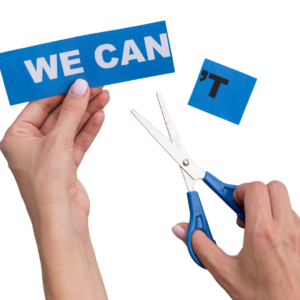
Conclusion
Unlocking your weight loss potential is less about strict diets and more about building habits that support a healthier lifestyle. By understanding the science of habit building and embracing the Mediterranean diet, you can create sustainable changes that last a lifetime. Start small, be consistent, and celebrate your progress. You’ve got this!

Nour is a registered dietitian, nutrition researcher, and founder of MedDietMindset. With a passion for evidence-based nutrition, she specializes in Mediterranean diet strategies, PCOS management, and sustainable weight loss. Nour is dedicated to transforming complex scientific research into clear, actionable guidance to support healthier, long-lasting lifestyle changes. Through her blog, she empowers readers to build habits that prioritize well-being, balance, and vitality.
